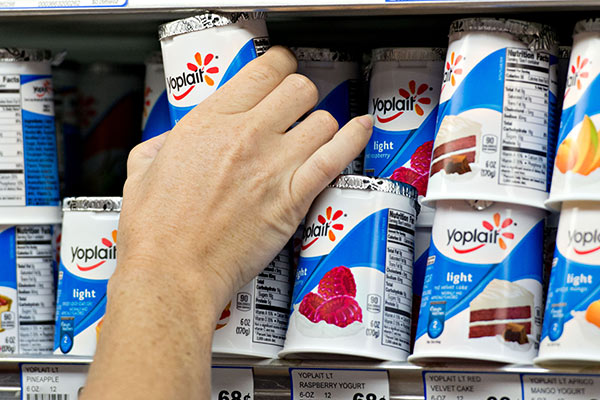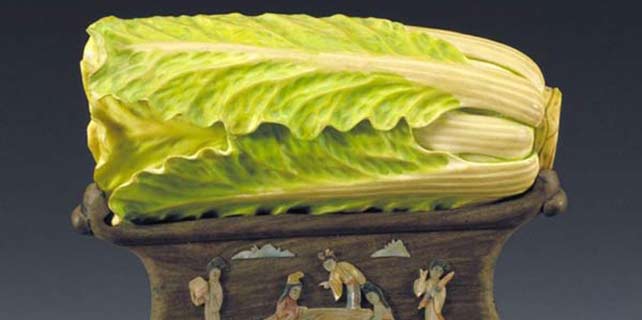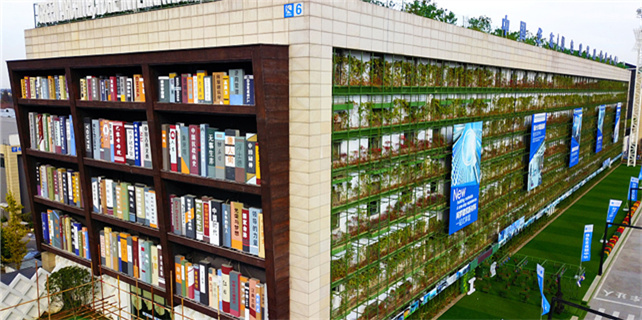Yogurt craze triggers tasty profits
 |
|
Major foreign yogurt brands such as Japan's Meiji and France's Yoplait are now popular in China.[Photo/Agencies] |
Supermarket shoppers are being enticed by a new range of yogurts as dairy companies tickle their palates.
Sales are expected to jump 18 percent in China to 122 billion yuan ($18.4 billion) this year compared to 2016, data from Euromonitor International highlighted.
To underline the surge in demand, yogurt sales will overtake milk purchases for the first time.
"China's growing middle-class has more money to spend, particularly on high-end, nutritional dairy items," said Song Liang, a senior independent industry analyst.
Apart from domestic products, major foreign brands such as Japan's Meiji and France's Yoplait have rolled out a variety of yogurts here.
Even small Chinese labels, New Hope Group and China Shengmu Organic Milk Ltd, are trying to muscle into a highly competitive market.
At the top of the pyramid are premium products with distinctive flavors and textures, but they carry expensive price tags.
"Now, the growth rate of ordinary temperature milk is slow," Song said. "But low-temperature and ordinary temperature yogurts are proving very popular."
Sales of functional and fortified yogurts in China are expected to rise 23 percent to 43 billion yuan this year compared to 2016.
By 2022, sales are expected to surge 56 percent to 75 billion yuan, according to Euromonitor International.
Functional food products tend to contain biologically active compounds and ingredients, which can improve health or lower the risk of disease.
In contrast, fortified items rarely offer specific health benefits.
As Chinese consumers look for more sophisticated dairy products, a wider range of yogurts are hitting the shelves.
Inner Mongolia Mengniu Dairy (Group) Co Ltd is one of the country's leading dairy producers and has teamed up with Danone to improve its brands.
The French conglomerate holds a 10 percent stake in Mengniu and has helped the company with new yogurt-making technologies.
"Yogurt has become one of the categories with the most significant growth potential as the high-end dairy product market is expanding," Mengniu Dairy stated in its latest half-year report.
Business is so brisk that Mengniu plans to wheel out vending machines to sell yogurts in residential areas.
Mengniu, of course, is not alone in forging an international partnership.
Yili Dairy Group and the Greek Academy of Agricultural Science co-developed Ambrosial yogurt, with sales increasing by 106.7 percent last year compared to 2015.
Ambrosial is also the sponsor of popular domestic TV program Running Man. The variety show has a large number of young fans and this has boosted yogurt sales.
In 2016, Yili spent 2.52 billion yuan on a series of ads for TV, print media and radio.
This exceeded the advertising budgets of rivals Mengniu and Bright Dairy Group, data from international market research firm Nielsen illustrated.
During the past three years, Ambrosial has also launched an array of new products and upgraded existing ones. It also introduced a yellow peach oat flavor brand to cater for the younger generation.
Now, it accounts for 37 percent of the room-temperature yogurt industry in China, ahead of a high-end Mengniu label, a report by China Merchants Securities stated.
Together with Bright Dairy, the three major domestic producers dominate the sector with an 85 percent market share.
Indeed, the yogurt trend has even prompted the world's largest retailer, Walmart Stores Inc, to adjust its structure in China.
"About three to four years ago, through consumer research and sales data analysis, we discovered that Chinese consumers' appetite for yogurt was shifting to nutritional and healthy products," said Laurie Chen, dairy director of hypermarket merchandising at Walmart (China) Investment Co Ltd.
"We promptly adjusted the structure of sales after we found that trend, and we deepened the cooperation with suppliers in new product development and releases," he added. "Based on customer's purchasing habits, we display the products on the shelves of our supermarkets."


















